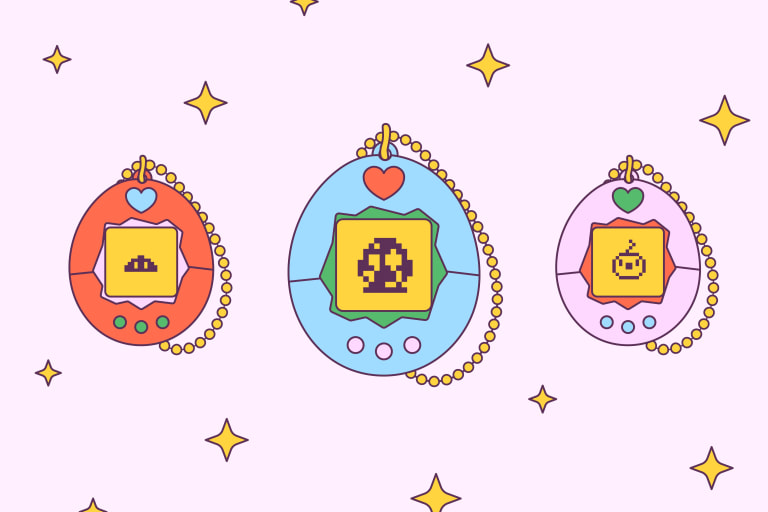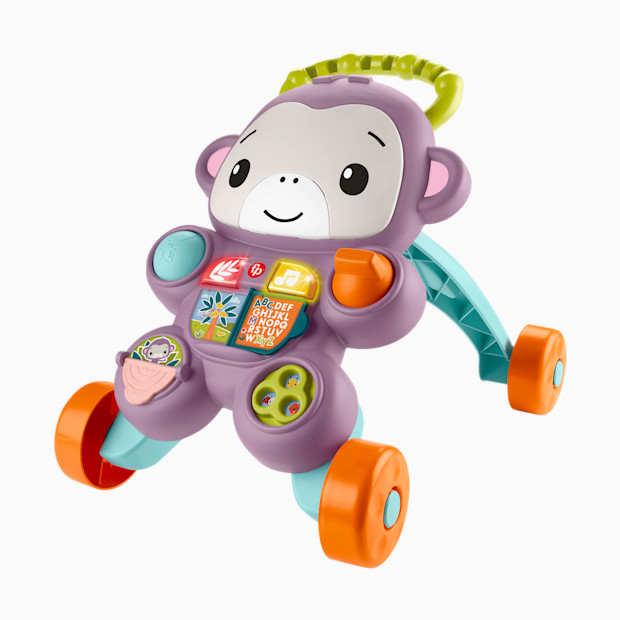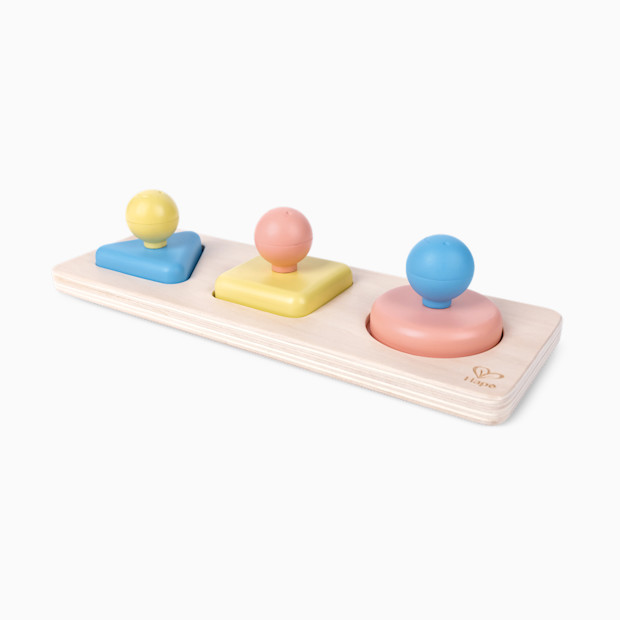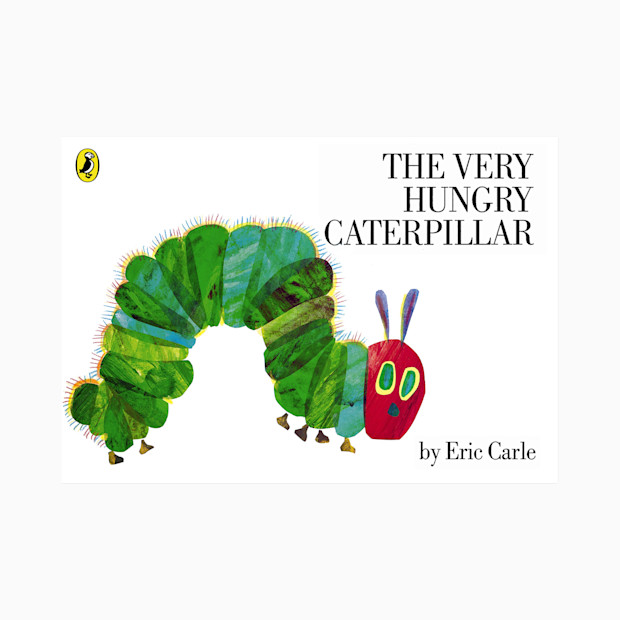
Your 40-Week-Old Baby
Your baby has places to go and things to investigate—and now the skills to do it. Here’s what’s happening at 40 weeks.

Your baby is no longer just moving—they're moving with a plan. Whether that plan is to grab the remote, investigate what's behind the chair, or see if they can reach the dog's water bowl, there's intention behind nearly every scoot, crawl and cruise now.
And with the pincer grasp becoming more refined, they have the tools to execute those plans with increasing precision. Dr. Chris Klunk, a board-certified neonatologist with Pediatrix Medical Group, explains how these two developments—purposeful movement and fine motor control—work together to turn your baby into a tiny, determined problem-solver.
🚼 Baby’s Development
Intentional Movement
Around this age, your baby's movement shifts from experimental to goal-oriented. They're not just practicing crawling or cruising for the sake of it—they've got things to do and people to see!
Whether they’re thinking of grabbing their favorite toy from their shelf or exploring what’s around the corner, their brains are working overtime. “For parents, this means a little one getting into more “trouble”. Grabbing things off the edge of tables, trying to leave the room to explore and getting behind, under and into things and places you might not have thought about until now," Dr. Klunk says.
While this cognitive leap is definitely exciting, it also means they're suddenly capable of reaching things you didn't realize were within their range. Babyproofing quickly shifts from a good idea to something that becomes very real, very fast.
Pincer Grasp
Remember when your baby first started using their thumb and forefinger to pick things up a few weeks ago? That pincer grasp is getting noticeably more refined now. They're not just grabbing—they're manipulating.
"Beyond feeding, I think of the pincer grasp as unlocking the ability to manipulate small objects when playing and problem solving and using both sides of the body together to interact with an object," Dr. Klunk explains.
With better fine motor coordination, your baby can now work with toys in more sophisticated ways. They can poke at buttons, turn pages in a board book (sometimes several at once, but still), pick up small blocks, and explore different textures with real control. "The [body’s] no longer getting in the way of what the brain wants to explore!" Dr. Klunk says.
You'll also notice more bilateral coordination—holding a toy steady in one hand while poking, twisting, or pulling at it with the other. It's a foundational skill for everything from zipping jackets to opening containers, and your baby is building it right now through play.
One important reminder as this skill gets sharper: "Keep in mind that from a safety standpoint, they are better able to put small objects they find in their mouth," Dr. Klunk adds. That crumb-and-lint phase from a few weeks ago? It's not over—it's just getting more efficient.
Problem Solving
When you combine intentional movement with the pincer grasp, you get a baby who can identify a problem and work through solutions. They see a toy under the couch? They'll figure out how to get low enough to reach it. They want the book on the shelf? They'll cruise over, pull up and try to grab it.
This is cognitive development in action. Your baby is learning cause and effect, spatial reasoning and persistence—all while testing the limits of what their body can do. It's messy, it's a bit chaotic but this kind of exploration is exactly how learning happens at this stage.
🛍️ Panic Order
Your baby's new mobility and dexterity mean they're ready for toys that let them practice both.
Expert Sources
Babylist content uses high-quality subject matter experts to provide accurate and reliable information to our users. Sources for this story include:
Dr. Chris Klunk, board-certified neonatologist at Pediatrix Medical Group.



